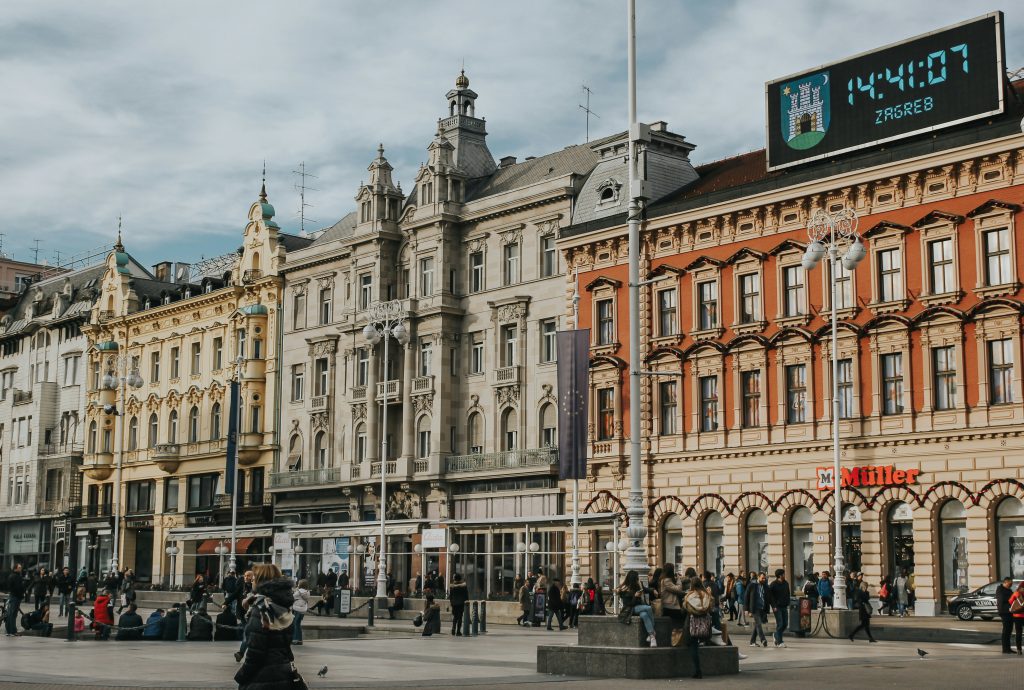September the 25th, 2024 – Every year, the London Institute for the Quality of Life publishes a ranking of cities in which they are ranked based on the happiness of their citizens, but how do Croatian cities stand?
As Poslovni Dnevnik writes, it’s somewhat difficult to unequivocally determine the city where it is best to live. Location, infrastructure, city policy, traffic, the availability of content… whatever we “measure” as an indicator of the quality of life in a city doesn’t automatically mean that the inhabitants of that city are necessarily happy.
That’s why the London Institute for the Quality of Life brings out a list of cities every single year, in which they are ranked based on the reported happiness of their citizens. The institute has identified five categories that have the most direct impact on happiness; these are residents, governance, environment, economy and mobility, Pun kufer reports.
Within these entities, 24 subcategories are further divided, which include the availability of green areas, the education system, transportation and access to cultural content. To create the ranking, not only bare data is taken, residents are also interviewed. Approximately 1,650 cities around the world entered the competition.
2024’s happiness ranking – how do croatian cities stand?
The recently published ranking of the happiest cities in the world contains 250 city names, and they are divided into three groups, according to the “medal” they won based on the number of points: gold (1st to 37th place.) silver (38th to 100th place) ) and bronze (101st to 250th). This year, the title of the happiest city in the world went to Aarhus, the second largest city in Denmark, located on the east coast of the Jutland peninsula, west of Copenhagen. It is widely known for its lively gastronomic scene and rich cultural life, but it’s management and care for the environment also earned it very high marks.
Aarhus is followed by Zurich and Berlin, and 19 of the top twenty happiest cities are European. Scandinavia dominates, and it is followed by cities in Denmark, Iceland, the Netherlands, Switzerland and Germany (again). The only non-European city in the top twenty is Minneapolis in the USA.
The cities closest to Croatia in the gold category are Vienna and Innsbruck, Ljubljana took silver at 84th place, and Croatian cities appear on the ranking only in the bronze category: Split came in at 133rd place, Koprivnica at 156th, Zagreb at 181st, Zadar at 212th and Pula took 243rd place. Croatia’s southern and eastern neighbours didn’t really celebrate either: Serbia’s capital of Belgrade came in 238th place and Sarajevo took 240th place in the ranking of the happiest cities.










